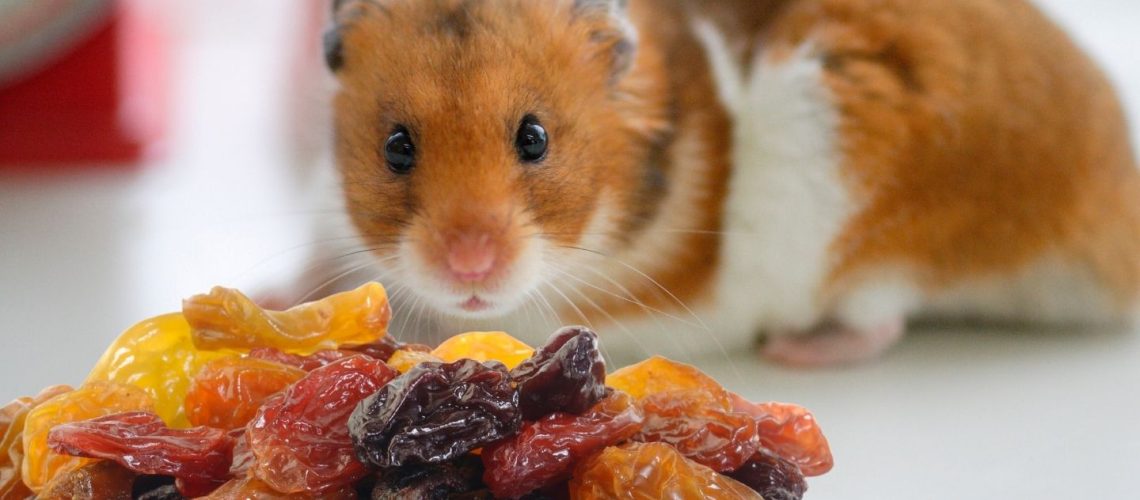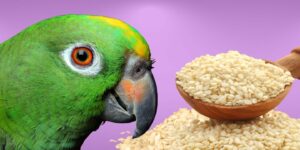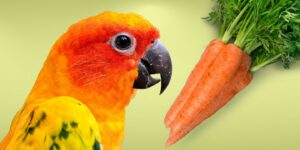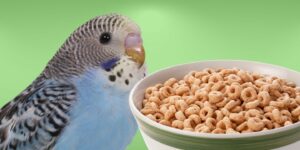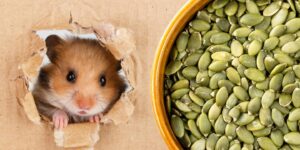Yes, hamsters can eat raisins, but they should only be given as an occasional treat and in moderation. Raisins are a good source of vitamins, minerals, and natural sugars, but they also have a high sugar content which can be harmful to hamsters if consumed regularly. In this article, we will explore the benefits and potential risks of feeding raisins to hamsters, along with alternative treat options and tips for feeding raisins safely.
Benefits of Raisins for Hamsters
Natural Sugars
Raisins contain natural sugars like glucose and fructose, which can provide a quick source of energy for hamsters. This can be especially beneficial for active hamsters or those with a high metabolism.
Antioxidants
Raisins are rich in antioxidants, such as flavonoids and phenolic acids, which can help protect a hamster's cells from damage and support overall health. Antioxidants are essential for maintaining a strong immune system and promoting good cardiovascular health.
Digestive Health
The fiber content in raisins can benefit a hamster's digestive health by promoting regular bowel movements and preventing constipation. However, it's important not to overfeed raisins, as too much fiber can cause gastrointestinal issues in hamsters.
Precautions When Feeding Raisins to Hamsters
Sugar Content
The high sugar content of raisins can pose risks to hamster health, including obesity and diabetes. To minimize these risks, it is important to feed raisins in moderation and ensure that they do not make up more than 5% of your hamster's diet.
Choking Hazards
Raisins can be difficult for hamsters to chew and pose a choking hazard. It is important to watch your hamster closely when feeding them raisins and remove any uneaten pieces.
Allergies and Sensitivities
Although uncommon, some hamsters may be allergic or sensitive to raisins. If you notice signs such as itching, redness, or swelling around the mouth, discontinue feeding raisins and consult your veterinarian.
Alternatives to Raisins for Hamster Treats
Fresh Fruits
Fresh fruits like apple slices, blueberries, and strawberries can make healthy treat alternatives to raisins. Be sure to remove any seeds and only feed small quantities to avoid digestive issues.
Vegetables
Vegetables such as carrots, broccoli, and peas can also provide a healthy treat option for hamsters. These are low in sugar and can help maintain a balanced diet.
Store-Bought Treats
When selecting store-bought hamster treats, look for those made with natural ingredients and low in sugar. Always follow the recommended serving size and avoid overfeeding.
Tips for Feeding Raisins to Hamsters
Introducing Raisins to Their Diet
Introduce raisins slowly to your hamster's diet by starting with small quantities and gradually increasing the amount over time. This will help prevent upset stomachs and allow for monitoring of any adverse reactions.
Proper Storage of Raisins
Store raisins in a cool, dry place, such as an airtight container, to maintain their freshness and nutritional content.
Monitoring Your Hamster's Health
Regularly monitor your hamster's overall health and weight, especially when introducing new treats like raisins. Adjust their diet as needed to maintain a healthy balance.
Final Thoughts
Feeding raisins to your hamster can be a healthy and enjoyable treat when given in moderation. Be mindful of the potential risks and always monitor your pet closely while they are eating. By following these guidelines and offering alternative treat options, you can ensure that your hamster stays happy and healthy.

